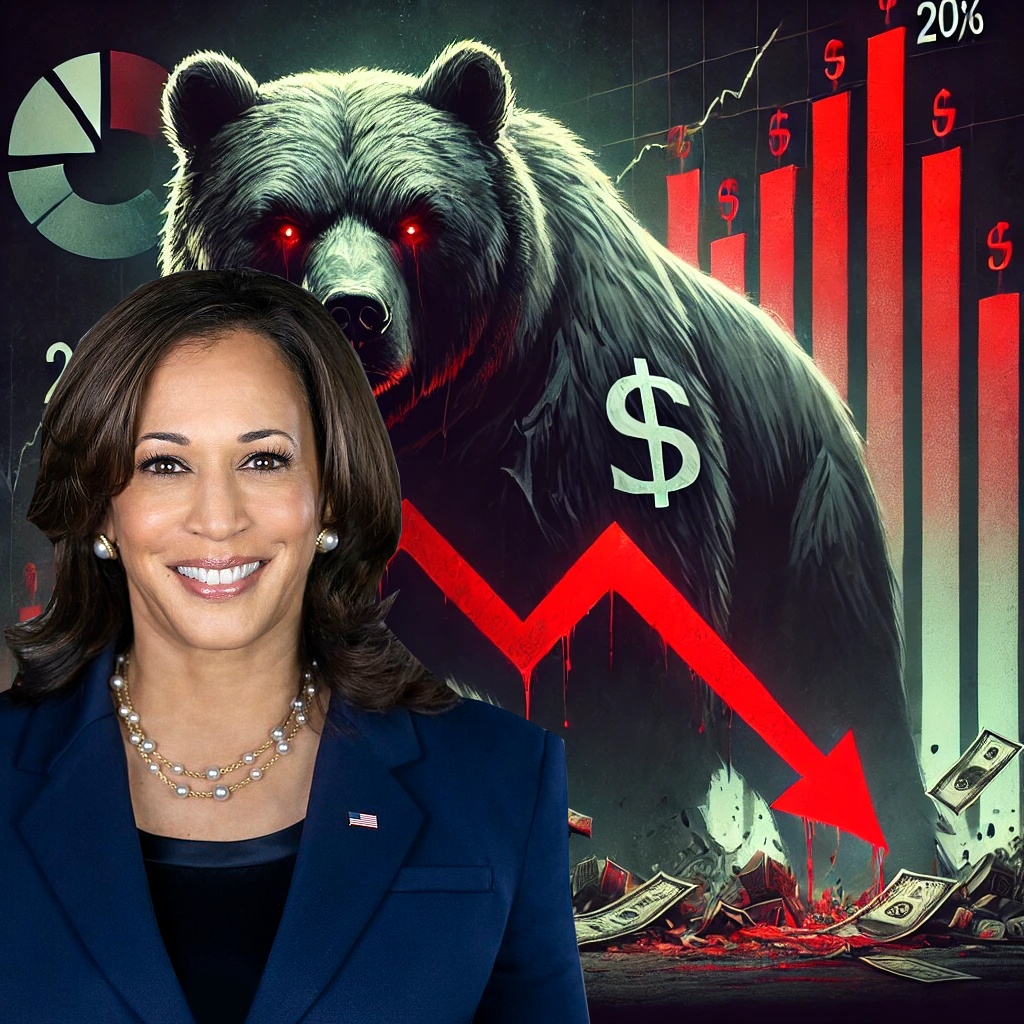Kamala Harris’s proposal to impose a 25% tax on unrealized capital gains is an economic disaster waiting to happen. The concept of taxing unrealized gains—profits that exist only on paper—means individuals would be required to pay taxes on increases in the value of their assets even if they haven’t sold them. This approach not only distorts the fundamental principles of taxation but also creates a financial burden that could force many to sell their assets prematurely, triggering widespread market consequences.
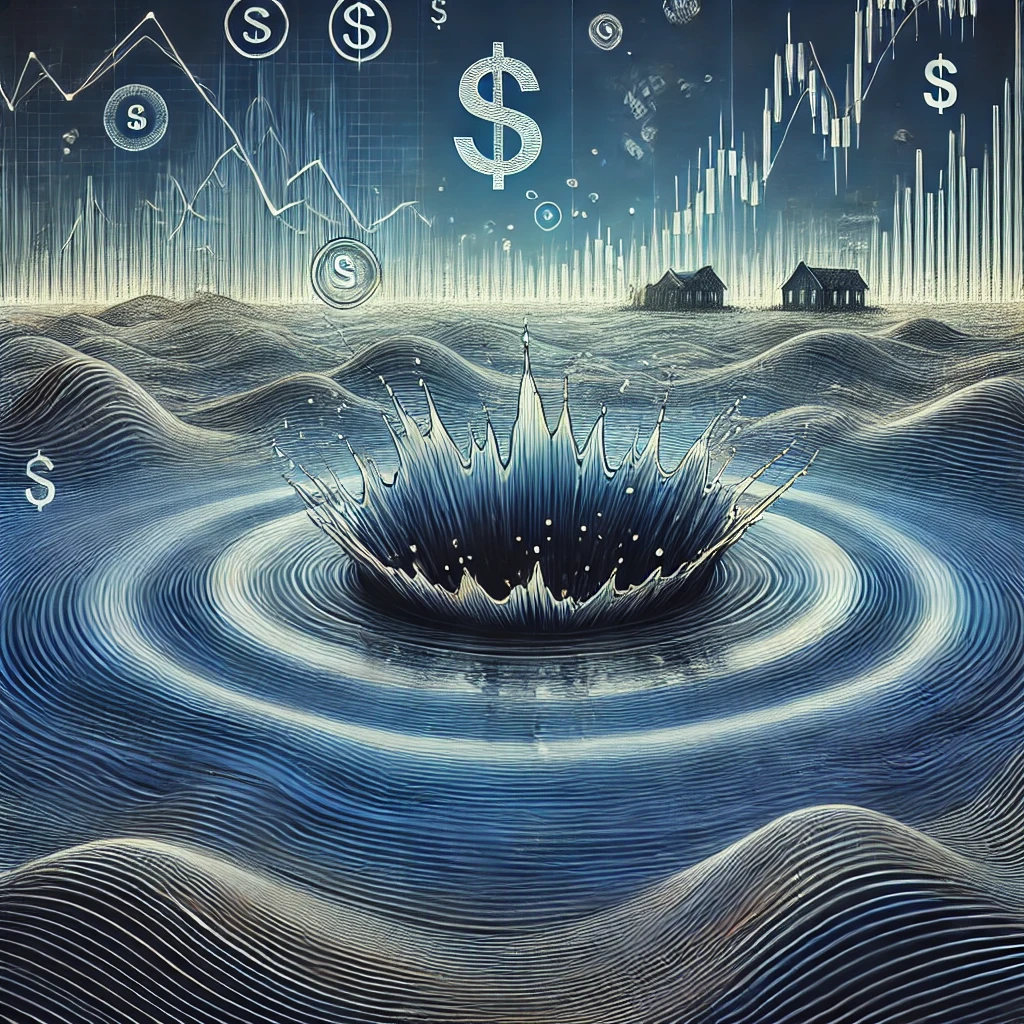
Unrealized capital gains refer to the increase in the value of an asset that has not yet been sold. For example, if an investor buys shares for $100,000 and their value rises to $150,000, the unrealized gain is $50,000. Under Harris’s plan, a 25% tax would be levied on this gain, even though the investor hasn’t sold the shares or actually realized any profit. This tax would apply to individuals with a net worth of $100 million or more, targeting the wealthiest 0.01% of the population, but the ripple effects would extend far beyond this group.

The U.S. stock market, with a total market capitalization of approximately $45 trillion to $50 trillion, is heavily influenced by the investment activities of the wealthiest individuals. The top 0.01% of households alone own between $7.1 trillion and $9.5 trillion in the stock market. If these individuals are forced to sell a portion of their holdings to pay the proposed tax, the sheer volume of sell orders could overwhelm the market, leading to sharp declines in stock prices. Moreover, since many of these individuals own significant portions of companies, the act of selling would substantially reduce the very “unrealized gains” they are being taxed on.
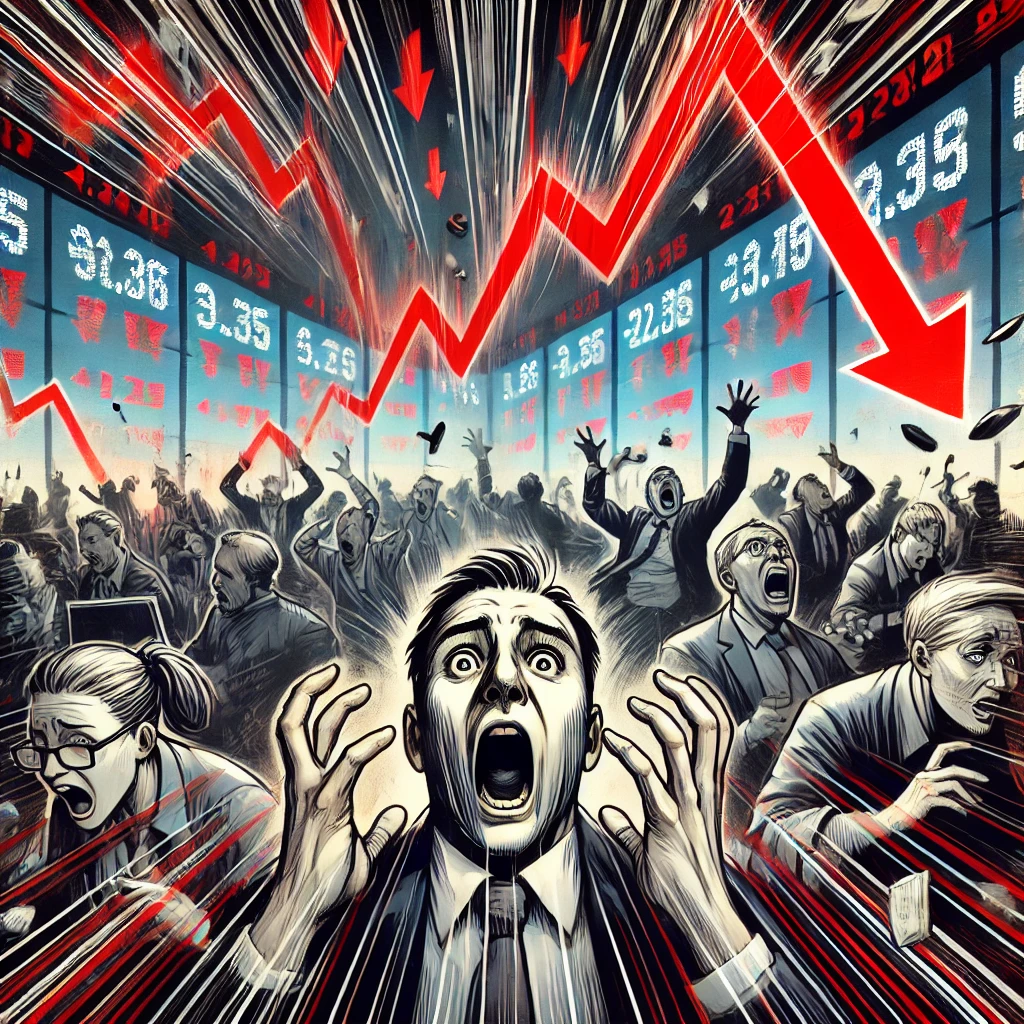
A sudden influx of sell orders could cause widespread panic among other investors. Seeing a significant sell-off by the wealthiest market participants, many others would likely follow suit, trying to exit the market before prices drop further. This could create a downward spiral, with prices falling faster as more investors rush to sell, resulting in extreme market volatility. The overall impact on the market could be catastrophic, erasing trillions in value almost overnight.
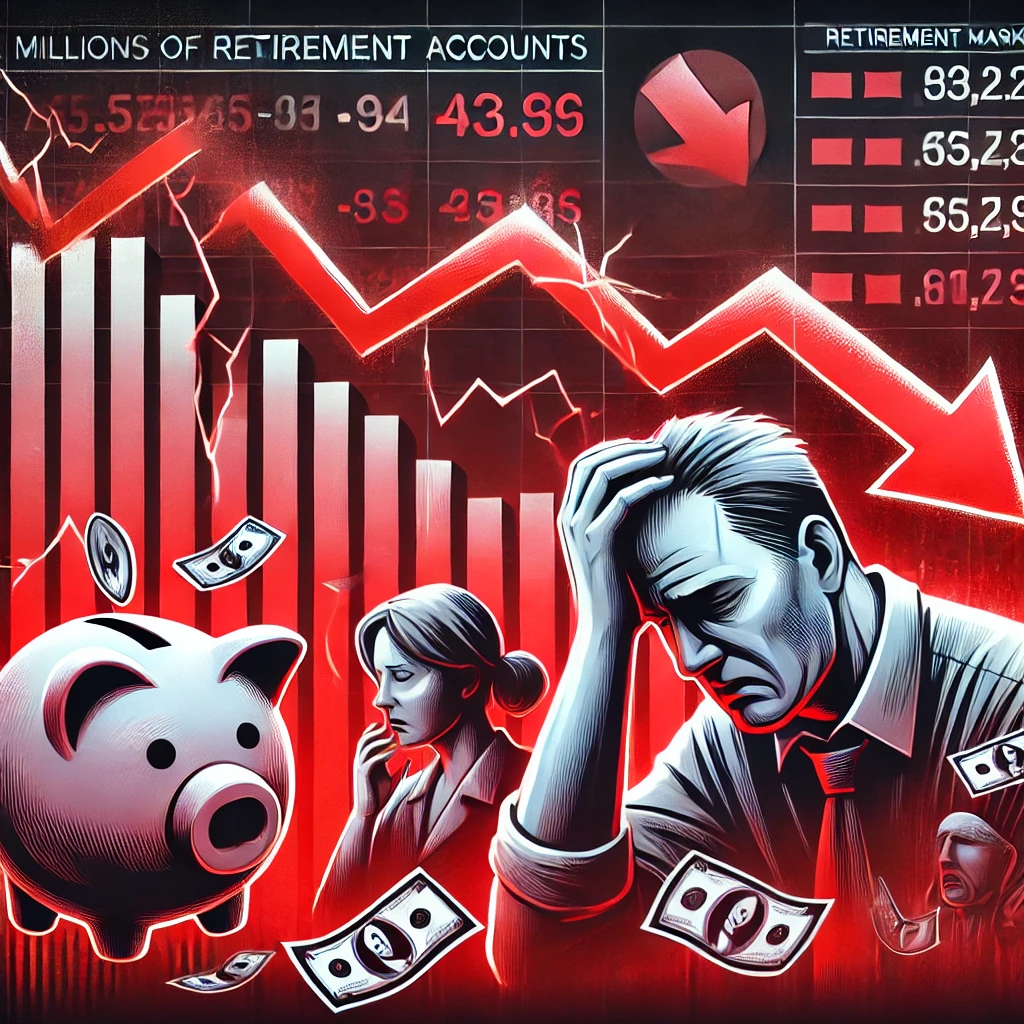
The effects of such a sell-off wouldn’t be confined to the wealthiest investors. A sharp decline in stock prices would reduce the value of millions of retirement accounts, mutual funds, and pension plans, affecting the financial security of ordinary Americans. Companies would also suffer, as their stock prices fall, making it more difficult to raise capital for expansion or operations. This could lead to layoffs, reduced investment in innovation, and a slowdown in economic growth.
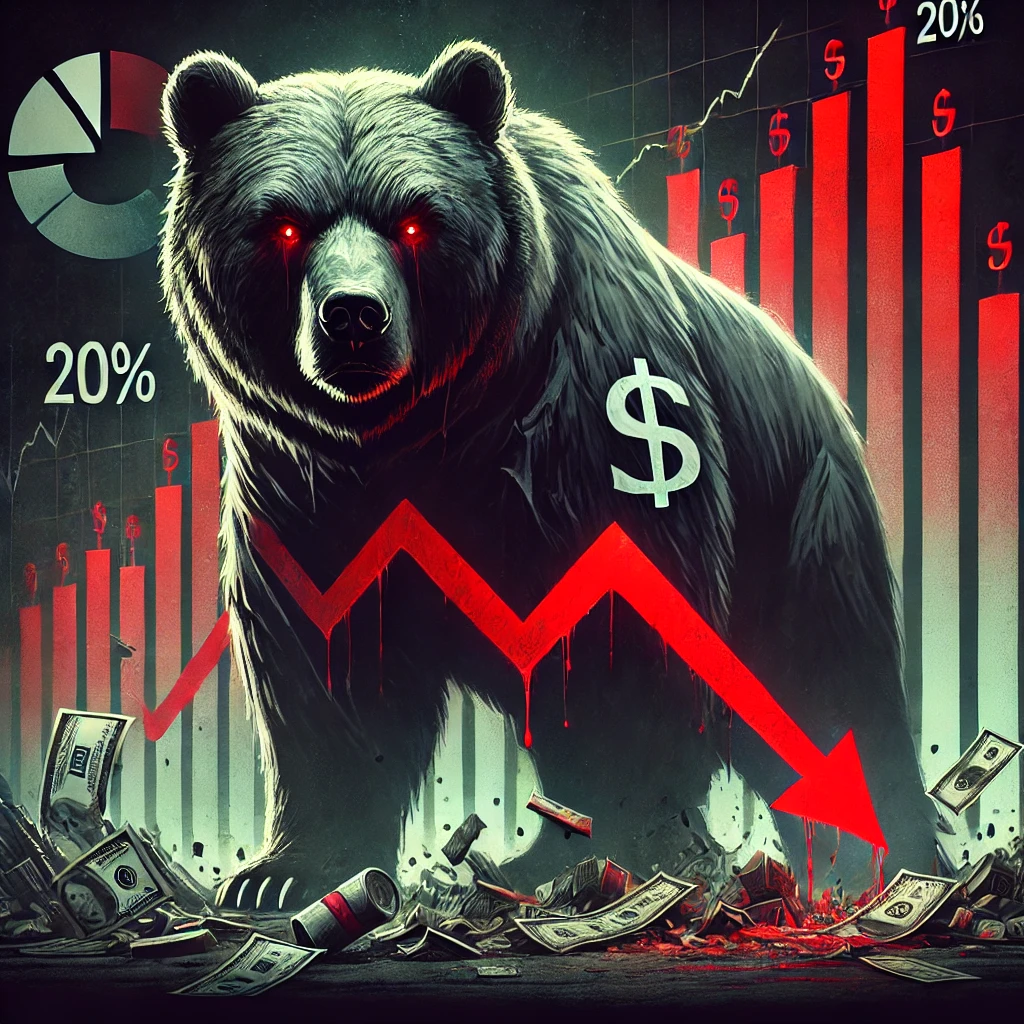
The proposal could even trigger a bear market, defined as a decline of 20% or more from recent highs. If selling pressure becomes intense enough, the market could experience a full-blown crash, reminiscent of the 2008 financial crisis. The broader economy would suffer as consumer confidence dwindles, businesses struggle, and unemployment rises. The damage could take years to repair, with lasting impacts on economic growth and stability.
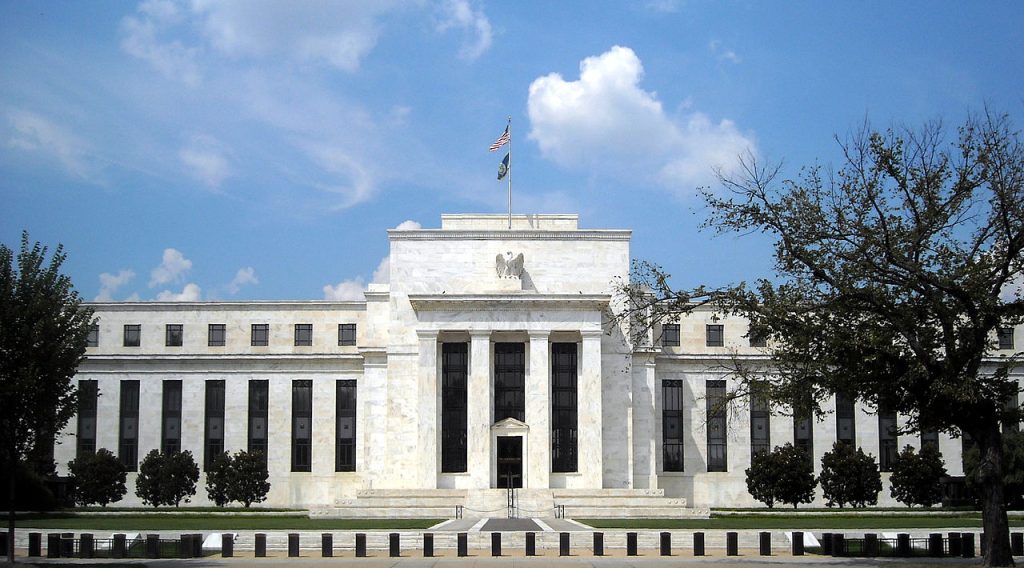
In such a scenario, government intervention would likely be necessary to stabilize the market. The Federal Reserve might inject liquidity, suspend trading, or take other emergency measures to prevent a complete collapse. However, these actions could only mitigate, not fully prevent, the economic damage. The market would likely remain volatile, with investor confidence shaken and long-term investment strategies disrupted.

The broader implications of this tax proposal are concerning. By forcing the sale of assets to cover tax liabilities, it undermines the very purpose of investing—long-term wealth building. Investors, especially those managing large portfolios, might shift away from stocks and into less volatile, lower-return investments, further weakening the stock market. This shift could reduce the availability of capital for businesses and stifle innovation and growth.

The proposal could have unintended global consequences. The U.S. stock market is a cornerstone of the global financial system, and a significant downturn would likely have ripple effects across international markets. Foreign investors might lose confidence in U.S. markets, leading to capital outflows and further exacerbating the economic downturn. The global economy, already fragile from various challenges, could enter a period of prolonged instability.

Kamala Harris’s proposed 25% tax on unrealized capital gains is a dangerously misguided idea. While intended to address wealth inequality, it threatens to destabilize the stock market, hurt long-term investment, and potentially trigger a financial crisis. The economic consequences would extend far beyond the wealthy, affecting ordinary Americans, businesses, and even the global economy. Such a policy would be more than just unwise; it would be an act of economic self-sabotage. It is evident that something needs to be done about the income inequality that plagues the United States, but in this authors opinion, taxing unrealized gains is not something that should even be considered.

